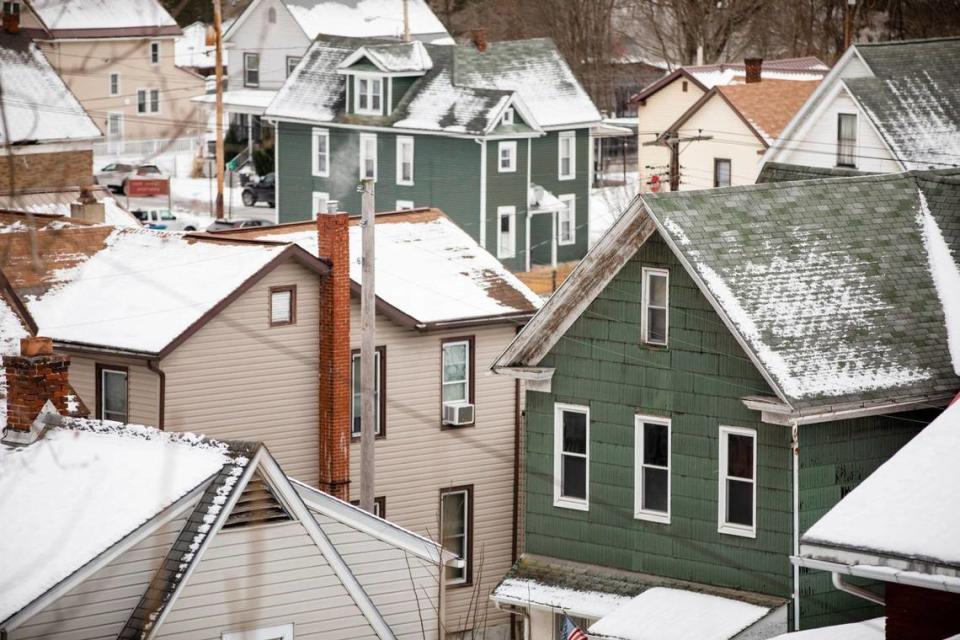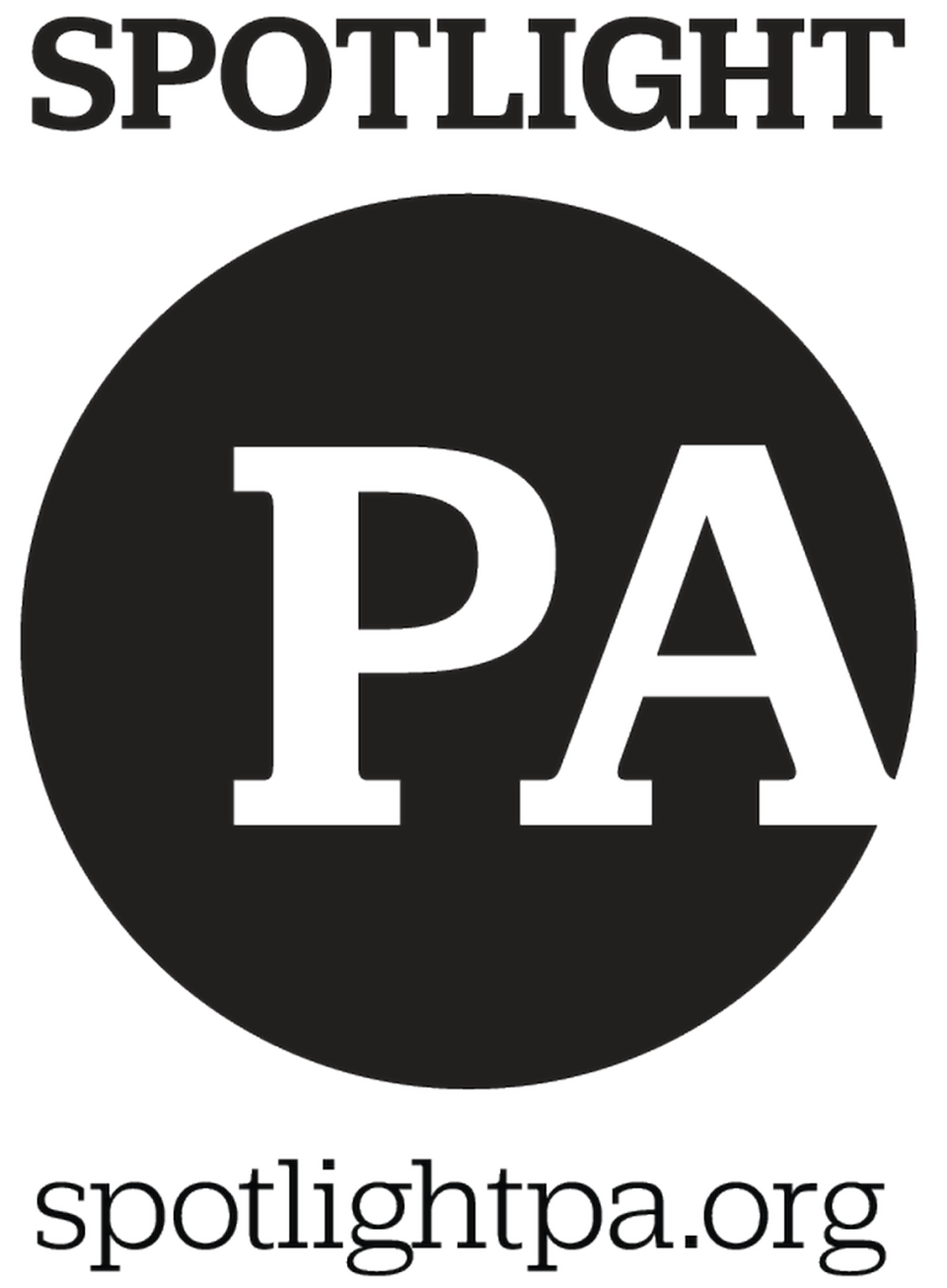More funding could be coming to a Pa. affordable housing program
Spotlight PA is an independent, nonpartisan, and nonprofit newsroom producing investigative and public-service journalism that holds power to account and drives positive change in Pennsylvania. Sign up for our free newsletters.
HARRISBURG — State legislators are haggling over what to do with Pennsylvania’s $14 billion budget surplus. A funding increase for an affordable housing program is a prime contender for a piece of the pie.
The Pennsylvania Housing Affordability and Rehabilitation Enhancement Fund, or PHARE, provides grants to municipalities to build and repair homes and provide rental assistance to low-income families, among other things.
Available funds are currently capped at $60 million each year, but in his budget pitch to the legislature, Democratic Gov. Josh Shapiro proposed increasing the cap to $100 million.
“As Governor Shapiro has made clear, we need to make housing more affordable in our Commonwealth — and one of the most effective tools we have to do that is the PHARE Fund,” Shapiro spokesperson Manuel Bonder wrote in an email.
Pennsylvania doesn’t have enough affordable housing available to people living at least 20% below a given area’s median income, according to a 2024 study by the Pennsylvania Housing Finance Agency, which oversees PHARE grants. Home prices and rent rates have steadily increased over the past decade, per the study.
The proposal has already seen broad bipartisan support. Two Republican-sponsored bills that would increase the PHARE deposit cap to $100 million received unanimous approval in a state Senate committee during the two most recent legislative sessions, though the measures never made their way to final floor votes. The state House passed an identical bill last June with the votes of every Democrat and 26 Republicans.
“When you look at the issues in your county that revolve around housing needs, there’s something that this program can do for you,” said Aaron Zappia, the government affairs director for the Housing Alliance of Pennsylvania. Zappia cited homelessness prevention and blight remediation as program perks that both parties could get behind.
Shapiro’s proposal would not increase PHARE funding to $100 million overnight, instead adding $10 million to the ceiling each year until 2028. He also proposed adding $50 million to the Whole-Home Repairs Program, a separate grant for low-income homeowners to address problems like leaking roofs, unsafe electrical wiring and broken furnaces.
Shapiro also pitched scrapping PHARE’s current funding formula in favor of what his budget proposal calls a “guaranteed” transfer. Bonder noted, the current formula sometimes results in PHARE receiving less money than its cap allows. The guaranteed transfer would mean funds reliably hit the cap every year.
This higher sum would be overwhelmingly funded via the state’s realty transfer tax, one of several funding sources for PHARE, along with natural gas impact fees and money from the National Housing Trust Fund. Money from the transfer tax goes to several areas of the budget, including the general fund, and Bonder said the state’s current surplus means there is spending flexibility.
State House Democrats back Shapiro’s proposal as written, according to their spokesperson, Beth Rementer. But state Senate Republicans would need to be won over in budget negotiations.
The state budget was due June 30, but lawmakers are still haggling over the final package.
Asked for comment, a spokesperson for state Senate Appropriations Committee Chair Scott Martin (R., Lancaster) responded, “We do not have an update to share on that issue at this time.”
State Sen. Elder Vogel Jr. (R., Beaver), who sponsored the legislation over the past two sessions, is somewhat optimistic.
“We’re hopeful that we’re going to see a cap increase,” Vogel’s communications director, Abby Chiumento, said. “With negotiations ongoing, we don’t know what’s going to be in the final budget.”
PHARE was signed into law in 2010. The legislation that led to the program’s establishment received near-unanimous support in both chambers.
The Pennsylvania Housing Finance Agency, which is affiliated with but not run by the state, chooses the recipients of PHARE grants. The recipients range from nonprofits to county governments.
The program “allows municipalities and localities and counties to figure out how they can best use the dollars,” said Allegheny County Executive and former Democratic state representative Sara Innamorato. “For us, it’s addressing homelessness, but if there’s a community that wants to create more first-time home buyers, they can design a program around that.”
Innamorato, who sponsored the PHARE cap increase bill in the state House when she served there, argues more funding is overdue.
“There’s many projects that are worthy that go unfunded every year,” she said. “We could always use more money to invest in addressing housing needs.”
BEFORE YOU GO… If you learned something from this article, pay it forward and contribute to Spotlight PA at spotlightpa.org/donate. Spotlight PA is funded by foundations and readers like you who are committed to accountability journalism that gets results.




